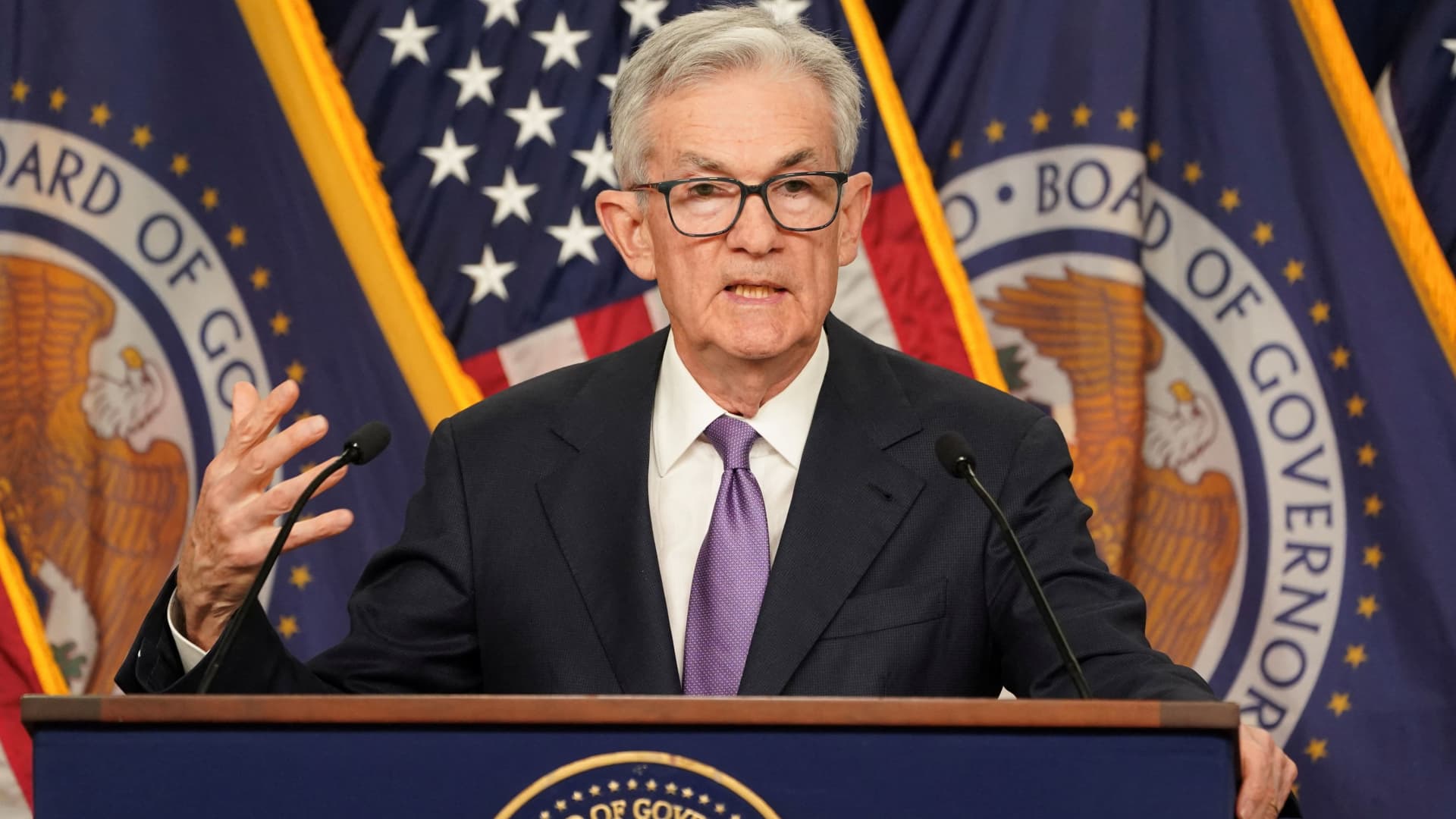
Walgreens plans to close more of its approximately 8,700 stores in the U.S., the parent company said Thursday, after the retail pharmacy giant reported third-quarter earnings that fell short of analysts’ expectations.
The pharmacy chain also cut its profit outlook for the year, citing weaker-than-expected consumer spending.
“We are seeing continued pressure on the U.S. consumer,” Walgreens Boots Alliance Chief Executive Tim Wentworth told investors during a conference call Thursday. “Our customers have become increasingly picky and price-sensitive when making their purchases.”
As of February, Walgreens has closed 625 U.S. stores. The company did not say how many more stores it would close as part of its “significant multi-year” cost-cutting program. But about a quarter of the pharmacy chain’s U.S. stores — those that the company doesn’t view as critical to its long-term strategy — could be affected, Wentworth said.
The company’s shares plunged more than 20 percent on Thursday following the release of its earnings report. They have already fallen by 40 percent so far this year.
Walgreens said it is seeing signs of strain, particularly for lower-income consumers, due to high inflation and depletion of savings. Last month, following a similar move by Target, Walgreens announced it would cut prices on more than 1,300 products in response to sluggish consumer spending.
The company’s leadership has been in transition over the past year. Mr. Wentworth joined the retailer’s parent company in October as the drugstore operator faced weaker demand at its retail locations and its previous CEO resigned in September.
Neil Saunders, the chief executive of GlobalData Retail, said in an emailed comment that Walgreens’ own strategic decisions, not just consumer behavior, were also to blame. He said the retailer should have invested more in private label products to boost sales in a value-conscious consumer environment.
“Walgreens is a company in chaos,” Mr. Saunders said. “It has not been managed with the necessary focus in recent years and now it needs a huge amount of discipline to solve its problems.”
Brittain Ladd, an independent strategy and business consultant, also rejected Walgreens’ assertion that weak consumer spending was the primary cause. Walgreens sells products like household items that consumers still buy, Mr. Ladd said.
The company, he added, should focus on improving the consumer experience in its stores and offering private label products for groceries and other essential items rather than closing retail locations for profitability reasons.
“Walgreens is coming up with excuse after excuse to hide this brutal fact: Walgreens is terrible at retail,” Mr. Ladd said. “And that’s really the company’s Achilles’ heel.” He also said that strategy needed to change at the executive level for the company to increase profits.
Other major U.S. pharmacy chains have undergone significant restructuring in recent months. In October, Rite Aid filed for bankruptcy and announced plans to close 154 stores to help the chain save money on rent and improve its financial footing. On Thursday, the company asked a bankruptcy court to approve its $2 billion debt-reduction restructuring plan.
Walgreens told investors that challenges in the pharmacy industry and for U.S. consumers will continue into fiscal 2025.
Source link
2024-06-27 16:33:09
www.nytimes.com















